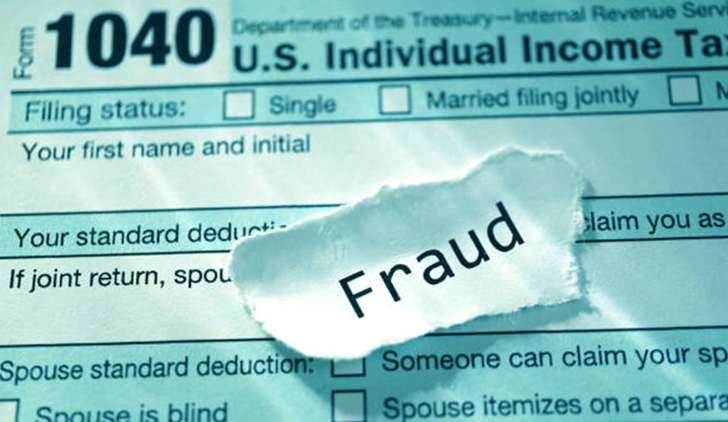
Tax scams happen year-round, but they tend to spike during tax season: January through April. These scams can result in identity theft — the most reported type of fraud. Learn about some of the popular tax scams to protect yourself.
Phishing
Be careful with emails claiming to be from the Internal Revenue Service (IRS) or tax preparation companies like TurboTax encouraging you to click on a link to solve an issue with your account. These may be attempts to steal your personal information or gain access to your accounts.
Phone scams
An IRS employee will never call you to demand immediate payment. Instead, they will generally mail you a bill first. So don’t believe those phone calls threatening arrest, deportation or license revocation if an overdue tax bill is not paid. Do not provide any personal information over the phone; instead hang up and call the IRS directly to confirm the information.
Refund fraud and theft
This happens when a criminal uses your information to file a fraudulent tax return to get a refund from the IRS before you even file your taxes. These funds will go to addresses or bank accounts that are not yours.
Here are a few things you can do to protect your information and avoid falling victim to tax scams:
File early
File your tax returns as early as possible so you can prevent criminals from trying to use your information.
Secure your filing
If you file your taxes online, make sure you’re using a secure connection from a reputable site and avoid using public Wi-Fi. If you file by paper, mail the return directly at the post office to avoid any document theft from your mailbox. Also, you can request the IRS to provide you an Identity Protection PIN (IP PIN), a six-digit number that prevents someone else from filing a tax return using your Social Security number. Visit the IRS website and use the Get an IP PIN tool.
Only work with bona fide preparers
When looking for someone to help you file taxes, ask for their Tax Preparer Identification Number so you can verify it on the IRS website.
Remain vigilant year-round about some of these scams and remember the IRS does not send unsolicited emails, texts or use social media to discuss your tax issues.


